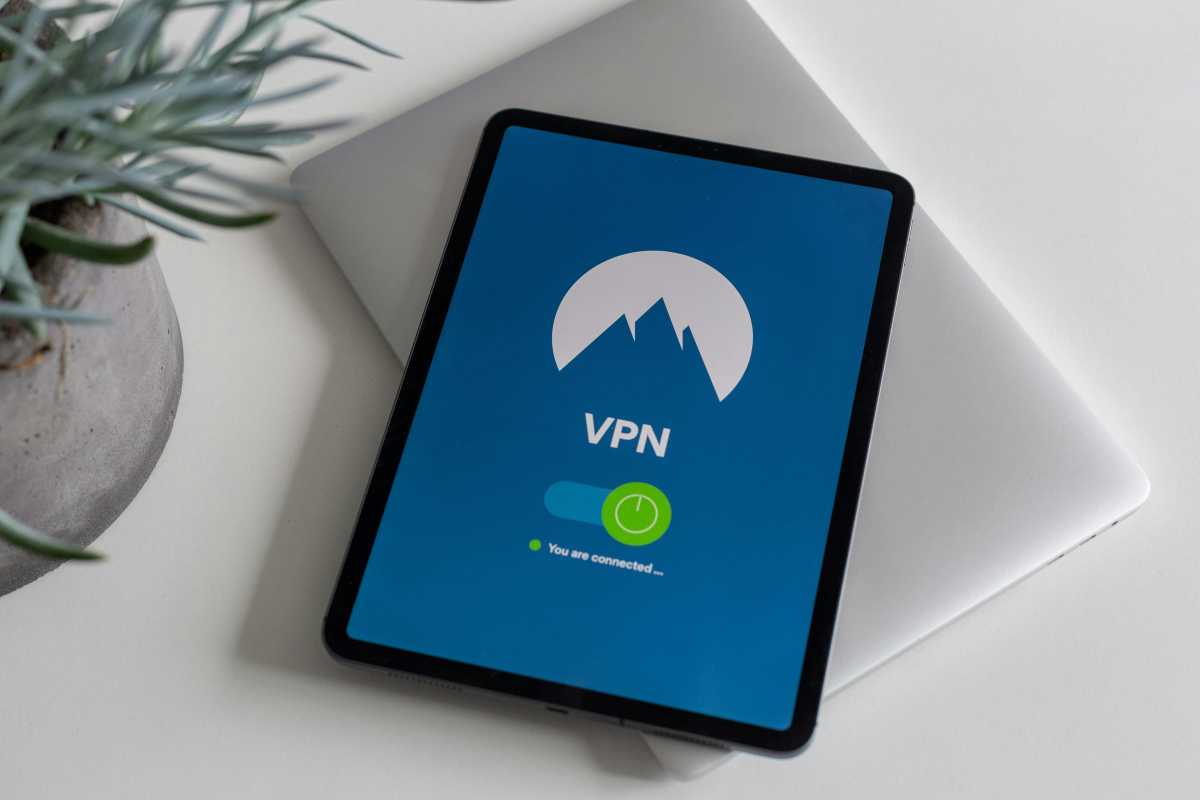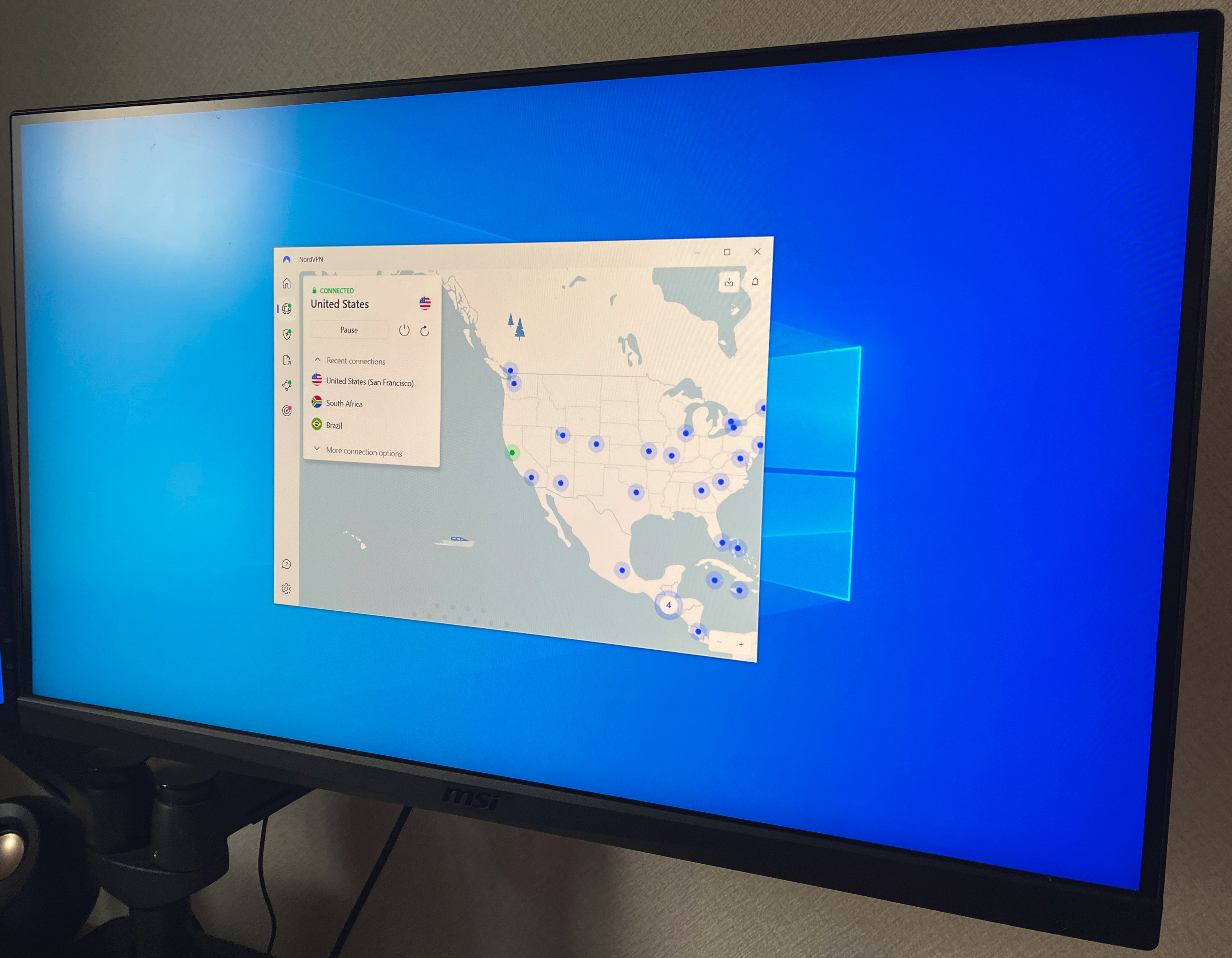When just about every tech sector has been touched by AI – yes, even your run-of-the-mill thermal paste (I’m still not sure how, though) – it’s no surprise that VPN operators have found a way to integrate AI enhancements into their software too.
In VPNs, AI is being used for everything from threat detection and response to the creation of personalized security profiles for users. You could say it’s changing the toolsets VPNs have to protect their users’ privacy and combat cyber threats online. But are AI-enhanced VPNs any better than traditional VPNs?
Further reading: The best VPN services
How AI-enhanced VPNs differ from traditional VPNs
The quick answer to the above question is: Yes, they are better – because of the benefits that AI-driven VPNs bestow.
The main difference between AI-enhanced VPNs and traditional VPNs is that the former incorporate AI-driven bots to manage the VPN connections and other processes, whereas traditional VPNs rely mostly on old-fashioned algorithms.
These AI-driven bots are like smart assistants that continuously analyze network conditions and threats on the fly, thereby tightening the screws on network traffic and security and also analyzing your preferences for the most personalized experience possible.
The biggest benefit is speed; AI-enhanced VPNs provide faster connectivity than traditional VPNs since they’re able to overcome the slow connectivity that traffic-monitoring and encryption by VPNs can cause.
One way they do that is by dynamically monitoring server loads and then shifting connections to less congested servers. But they can also do things like optimize your connection based on your preferences or your browser search history, making your browsing far quicker and more tailored to your browsing needs.
Say you’re gaming or streaming and need the quickest connection possible, your AI-driven VPN may pause all updates or background processes so that you get the smoothest data transfer speeds possible – that’s just one example of how it can work.
Enhanced encryption is another big benefit of AI-enhanced VPNs. AI bots in these VPNs can quickly and efficiently pinpoint vulnerabilities in existing cryptographic profiles and adopt newer profiles without needing any human intervention, while traditional VPNs need operator input.
That means they can adapt quicker to new threats from hackers and malware, thereby enhancing threat detection for their users. They can more easily suggest user-specific responses to threats too.

NordVPN is just one VPN using AI tools.
Which VPNs are using AI?
Most well-known VPNs have already integrated some kind of AI technology into their software and servers – but some use it more than others.
ExpressVPN, for example, uses an AI-powered system that adjusts its encryption methods based on the type of data being transmitted by users.
This is especially useful for remote workers, since it provides them with an extra layer of security against hackers. ExpressVPN also uses AI to suggest the quickest server locations.
Another popular VPN, Avast SecureLine VPN, uses AI to enhance its threat-detection capabilities – which enables it to more easily identify and block unauthorized login attempts to user accounts.
Then there are VPNs that excel at using AI to prevent phishing scams. One of these, Symlex VPN, claims to be the first VPN to use AI to prevent location-based phishing attempts that rely on a users’ geographical location.
NordVPN, too, uses an AI-enabled browser extension it calls Sonar to spot potential phishing scams, which are increasingly becoming harder for users to identify.
mentioned in this article
Are there any limitations to AI-enhanced VPNs?
Like other forms of AI, the AI technologies incorporated into VPNs do have their limitations.
One problem VPN operators currently have to deal with is when their AI bots make false positive identifications of threats, making it more difficult for users to access legitimate data or communications.
Another concern is the fact that AI algorithms require access to considerable amounts of user data to be trained, which could jeopardize user privacy. Although, you could argue that since VPNs are in the business of safeguarding user privacy, some level of trust is required on the part of the user.
These are challenges that need to be further addressed, and I’m sure they will be as companies continue to develop and finesse their use of AI technologies in VPNs into the future.
Further reading: 5 VPN features you need to start using today
https://www.pcworld.com/article/2743195/what-is-an-ai-enhanced-vpn-and-do-you-need-one.html
Войдите, чтобы добавить комментарий
Другие сообщения в этой группе

In order for laptops to get slimmer and lighter, they’ve had to make

Outlook offers a handy feature called “Search Folders,” which groups

The past year has been anything but positive for tech giant Intel. Th

Google is having a bit of a moment. It’s not quite an Enron- or FTX-s

I’m not saying Windows is a terrible operating system, but it’s defin



